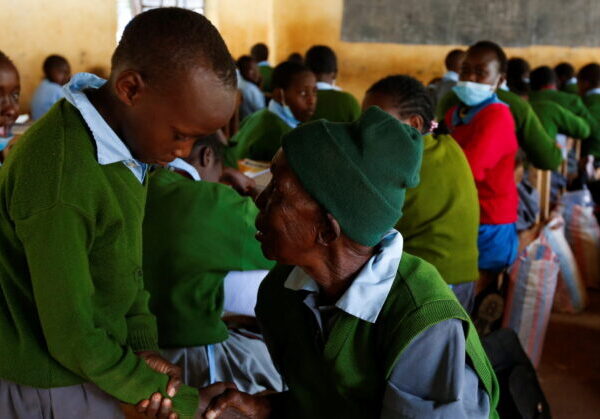Across Africa, nine out of 10 children do not achieve basic reading and numeracy skills by the age of 10, which creates wide-ranging ripples. A third of students do not complete primary school, more than half do not finish lower secondary school and almost 90 per cent do not make it to higher education. Local conflicts and wider insecurity in parts of Africa, with the attendant mass displacement, further reduces access. The pandemic has closed schools and affected families’ abilities to pay for education. This no doubt has led to an increase in the number of children out of school, estimated at about 15m in Nigeria.
A large proportion of job applicants not only lack basic qualifications but also struggle with simple computation and comprehension. This hinders their ability to take up jobs we are desperate to offer and impedes those already in employment. Skills acquired early in primary school form the foundation for later learning and are fundamental to a productive, capable workforce and a strong economy. Gaining digital skills, or more rudimentary technical and vocational qualifications, is harder without basic learning.
Governments and business together need to look to the future and set policies and plans to focus on foundational learning. Investing in these basic fundamental skills would allow African countries to enhance productivity, promote greater inclusion and build a workforce that can adapt to the markets of the future and drive prosperity for all.
Policymakers and business should provide retraining and upskilling to the existing workforce, and offer these in areas with vulnerable and disadvantaged populations. They should work together to ensure investments are made in high-quality and effective interventions.
Governments and the private sector must also increase their investments in key infrastructure with an eye on the effects on education, from power to communication, water supply and housing, research and social amenities, and not discriminate by gender or disability. The private sector must give governments clear indicators of future work needs so schools can adapt. There must be increased focus on and investment in foundational literacy and numeracy so students can acquire the skills fundamental to employability.
Together, the public and private sectors have a strong responsibility to accelerate progress. They must work in partnership, make fixing the education crisis a top priority and commit to acting fast. Failure to do so risks perpetuating low productivity, instability in the workforce, and poor socio-economic outcomes. Successful actions will mean greater prosperity for future generations and are the only path to ensure a vibrant, prosperous, productive Africa.
Aliko Dangote is chief executive of Dangote Group.
CLICK HERE TO COMPLETE VIEW ARTICLE

